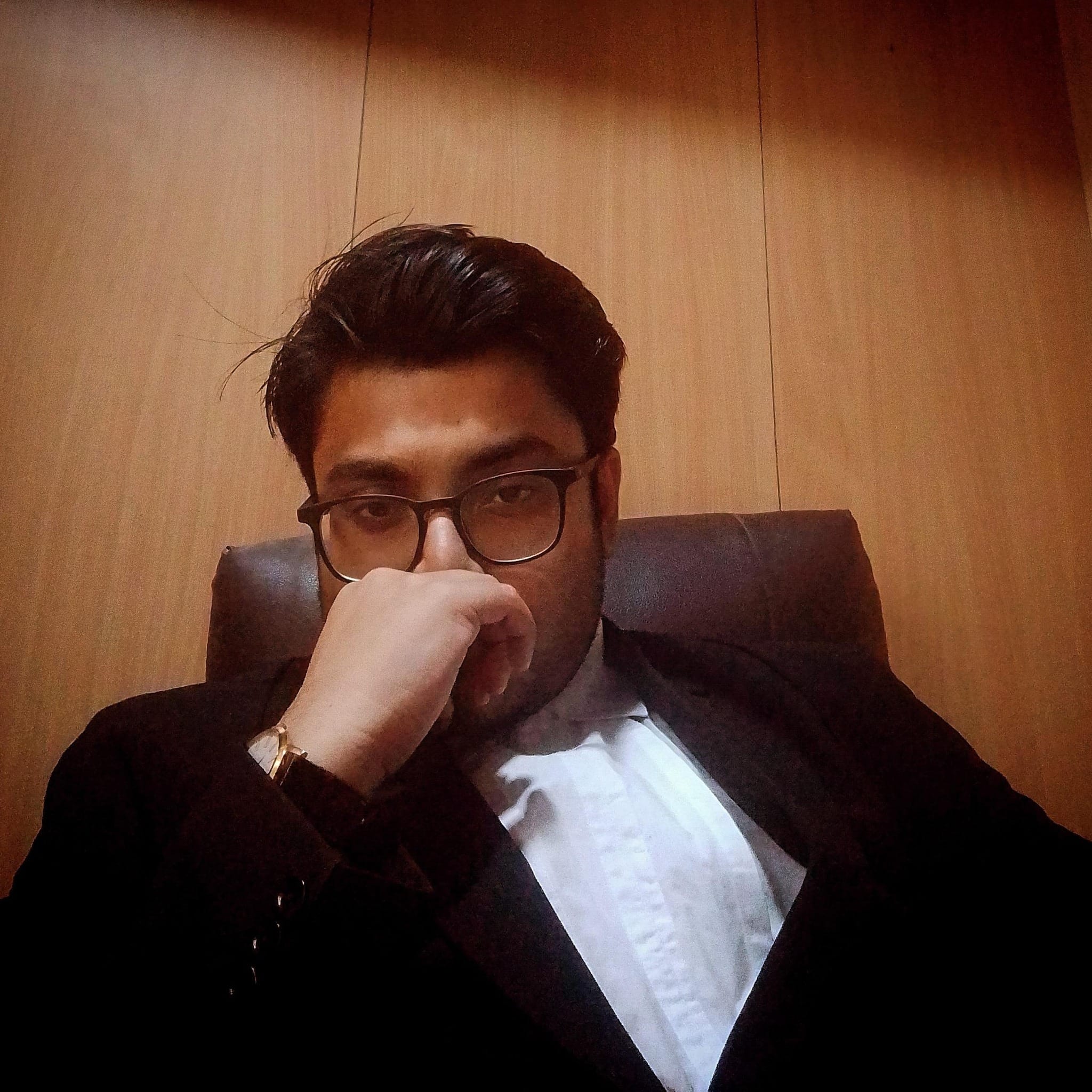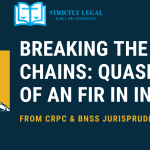Table of Contents
What is Criminal Court?
Well, The Criminal Court means, Where the Victim gets the justice, the Accused Punished, where the State believes that a person, can be you committed a Crime.
In other words, the Criminal Court is where there is a trial between the Accused and the Prosecutor. And after all the investigation, the Court will decide by applying Law that who will be punished.
HIERARCHY and powers
Introduction
So many people are do not know about the Hierarchy of the Criminal Courts. They believe that there was a Judge who gives the Judgment. But in Criminal cases so many courts are there. There can be confusion that which court comes after which? Which one is higher and which one is lower.
In civil cases we can see more Judges. But a Criminal Procedure starts with The Magistrate.
Besides, the Supreme Court and High Courts and the Courts constituted under any law, other than this Code, In every State, there are Classes of Criminal Courts. (section 6)
Chapter – III of Criminal Procedure Code,1973, states the power of courts.
Supreme Court
Supreme Court is the Apex Court of Judicial Authority in India. This is the Highest Court of Appeal. Supreme Court has One Chief Justice and 33 other Judges (as per the new amendment). Under Article-32 of the Constitution Supreme Court has Writ jurisdiction. Supreme Court can give any sentence authorized by law.
High Court
High court comes after the Supreme Court. Every state has its own High Court. Every High Court has one Chief Justice and Other Judges. Sometimes two states also have their common High Court. Like the Supreme Court, the High Court is also a Court of Appeal. High Court can give any sentence which is authorized by law. Under Article-226 of the Constitution High Court has writ jurisdiction.
Session Court
Section-9 of the Criminal Procedure Code,1973 states that The State Government shall establish a Court of Session for every session division. Every Session Court has One Session Judge, Additional Session Judges, and Assistant session Judges, who are appointed by the High Court.
One Sessions division Session Judge may be appointed as an Additional Judge of another division by the High Court.
Session Judge or Additional Session Judge may pass any sentence authorized by law, but in the case of Death Sentence there is a need for a confirmation of High Court.[section-28(2)]
An Assistant Session Judge may pass any sentence authorized by law, except Death Sentence or imprisonment for life or imprisonment for a term exceeding 10 years.[section28(3)]
Courts of Judicial Magistrates
Section-11 of Criminal Procedure Code,1973 states that in every District Court except a Metropolitan Area there shall be established as many Courts of Judicial Magistrates. In every Judicial Magistrate Court, there is One Chief Judicial Magistrate, 1st class Judicial Magistrate, and 2nd class Judicial Magistrate. They are appointed by the High Court. The Second Class Judicial Magistrate is the lower division of Criminal Courts.
Chief Judicial Magistrate (CJM) may pass 7 years of Imprisonment and any amount of fine. [section29(1)]
1st Class Judicial Magistrate may pass 3 years of Imprisonment or 10,000 of fine, or both. [section-29(2)]
2nd Class Judicial Magistrate may pass 1year of imprisonment or 5000 of fine, or both. [section- 29(3)]
Metropolitan Area
Metropolitan area defines in Section-8 of Criminal Procedure Code,1973, It means in State any city or town whose population exceeds 1 million are called Metropolitan Areas. According to this code Bombay, Calcutta, Madras, and Ahmedabad are declared as Metropolitan Areas.
In every Metropolitan Area there shall be established many Courts of Metropolitan Magistrates. Chief Metropolitan Magistrate and Additional Chief Metropolitan Magistrate are appointed by the High Court.
Public Prosecutor
Section 2(u) of Criminal Procedure Code,1973, defines Public Prosecutor. ‘Public Prosecutor’ means any person appointed under section 24, of this code and includes any person acting under the directions of a Public Prosecutor.
For every High Court, the Central and the State Government shall, after consultation with the High Court, appoint a Public Prosecutor and one or more Additional Public Prosecutors, for conducting in such court, any prosecution, appeal or other proceedings on behalf of the Central Government and State Government as the case may be.
The District Magistrate can appoint Public Prosecutor for District Court with the prior consultation with Session Judge. But before the appointment, District Magistrate needs to make a panel of names who are in his opinion fit to be appointed as a Public Prosecutor or Additional Public Prosecutors in District Court. No one can appoint without the panel of names.
A person is eligible to be appointed as a Public Prosecutor under section 24, who has been practice as an Advocate not less than 7 years.
If The Central or State Government appoints a person for any case or class of cases as a Special Public Prosecutor, that person needs to have experience as an Advocate, not less than 10 years.
The State Government appoint one or more Assistant Public Prosecutors in every District for conducting the Prosecutions in the Courts of Magistrate. Police officers are not eligible to be appointed as an Assistant Public Prosecutor.

Trying to learn the art of advocacy.
Practicing at the Calcutta High Court and in its vicinity.




